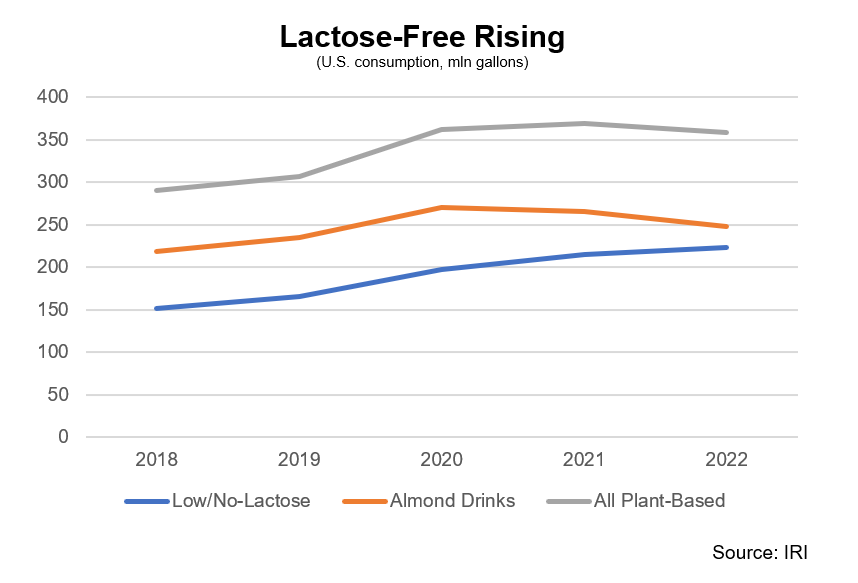NMPF’s Board of Directors unanimously endorsed March 7 a proposal to modernize the Federal Milk Marketing Order (FMMO), a milestone that caps more than two years of discussion and more than 130 meetings on different aspects of the proposal.
The plan approved at NMPF’s March board meeting would reinvigorate the FMMO system, which guides milk pricing, to reflect an industry that’s evolved significantly since the last comprehensive revamp in 2000. It’s a proposal all dairy can get behind, said Randy Mooney, chairman of NMPF’s board of directors and a dairy farmer from Rogersville, MO.
“After gathering dairy’s best minds and consulting with partners across the industry, today we are moving forward with a comprehensive FMMO proposal the entire industry can get behind,” Mooney said. “We look forward to leading a thorough, deliberative process as we submit this proposal to USDA and partner with our allies to modernize milk pricing in ways that serve dairy farmers and the entire industry.”
The board reviewed a package of changes initially developed and proposed by a task force of NMPF cooperative experts and later approved by the organization’s Economic Policy Committee. The adopted changes, listed here, reflects the industry’s evolution while benefiting the farmers who form the bedrock of U.S. dairy.
With the board’s approval, NMPF’s next step is to move toward submitting the proposal to USDA as the basis for a federal order hearing while continuing conversations with other dairy stakeholder partners, a move expected in late April. NMPF President and CEO Jim Mulhern said the organization stands ready to assist farmers, the dairy industry and federal officials in any way it can as the process unfolds.
“We believe in a better future for this industry, and this proposal will help build that future,” he said.
NMPF’s board also welcomed new directors — Jacob Larson of Southeast Milk Inc., and Michael Lichte of Dairy Farmers of America – and released its annual report, highlighting the activities and accomplishments of the past year.
NMPF is the only nationwide organization devoted to advancing the interests of all dairy farmers of all sizes in all regions. A federation of dairy cooperatives, NMPF embodies the spirit of farmer self-help and community leadership.
Board members also discussed:
- The need to build upon an FDA proposal on plant-based beverage labeling that doesn’t go far enough to end the mislabeling of imitation products using dairy terms;
- Industry leadership in animal care, environmental stewardship, and workforce development through the National Dairy Farmers Assuring Responsible Management (FARM) Program;
- How sound policy can contribute to another record year of U.S. dairy exports; and
- Potential farm-bill priorities.

 With the many exciting and innovative developments underway in the American dairy sector, the summit presents perfect timing to invite the world to learn more from the United States. All major U.S. dairy organizations, as well as several of our leading cooperators and processors, are committed to getting this done and collectively putting our best foot forward as we welcome visitors from around the world. It should be a fantastic event for attendees and demonstrate how U.S. dairy is a global leader.
With the many exciting and innovative developments underway in the American dairy sector, the summit presents perfect timing to invite the world to learn more from the United States. All major U.S. dairy organizations, as well as several of our leading cooperators and processors, are committed to getting this done and collectively putting our best foot forward as we welcome visitors from around the world. It should be a fantastic event for attendees and demonstrate how U.S. dairy is a global leader.





